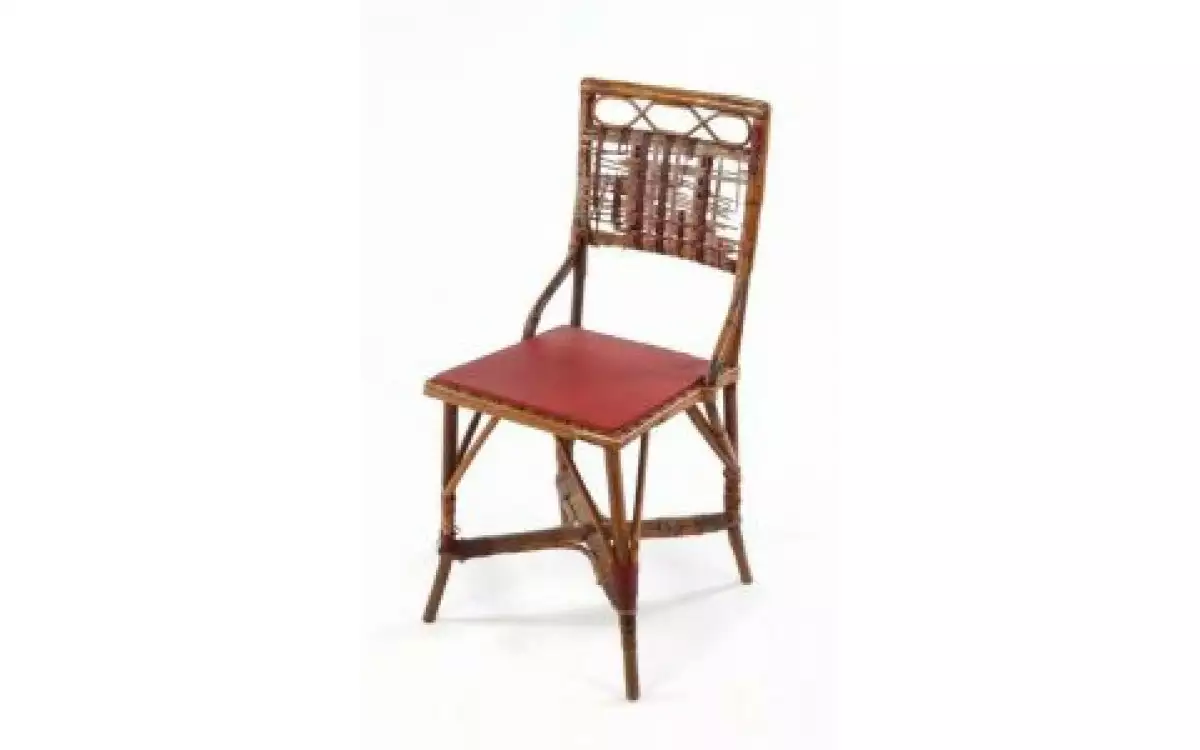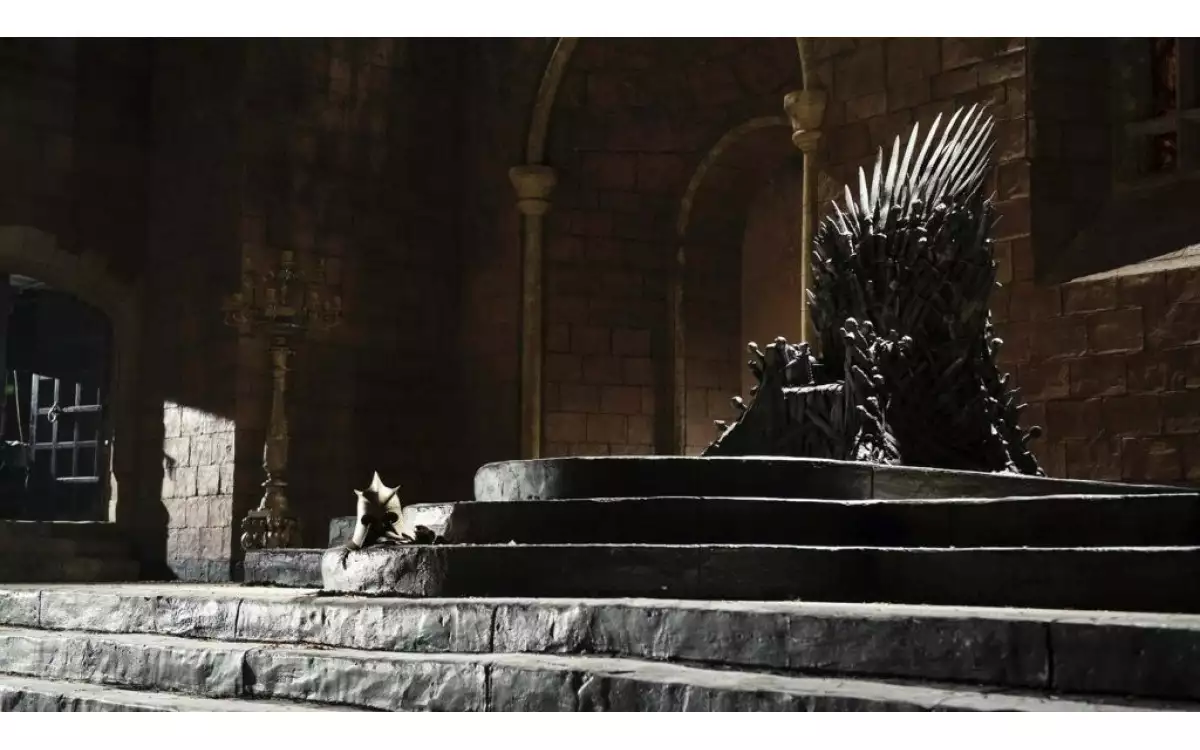
Robb Wagner is a creative visionary, thought leader and author who has spent his career transforming entertainment experiences for a clientele of such globally recognized brands as Disney, Viacom, Carnival Cruise Line and YouTube. At the core of his success is a radical approach to work, keen ability to stay ahead of the trends and fierce commitment to helping others live their best creative work-lives. As CEO of Stimulated-Inc. – the creative studio he founded in 2005 – Wagner operates at the leading edge of content production, spearheading high-level creative solutions that he translates across industries. From television and film to streamed video, concerts and other live performances, he has been able to borrow principles from one sector and apply them to the next, tapping an often-counterintuitive approach and core mindset shifts as part of the process. Wagner, for example, prefers to start projects with the outcome, reverse-engineering the work to accomplish his goals. He a
BHC: How would you describe what you do?
Robb : I wear a lot of hats -- producer, director, business owner, author -- but I’m an experiential artist at the heart of it all. This entails transforming a brand’s existing assets into something that people have never experienced before. It also entails creating new artistic approaches and workflows to achieve unique results. Some examples of experiential transformations I’ve played a role in include Disney’s “High School Musical,” where we transformed a TV movie into an interactive concert tour, Disney’s “Hannah Montana,” where we transformed a concert tour into a 3D film, “Michael Jackson’s This Is It,” where we transformed a career in music video into a 3D concert experience, and the “YouTube Music Awards”, where we transformed live broadcast into live cinema. Our creative development and workflows most often involve people and technologies from disparate industries like broadcast, film, concerts, live and experiential entertainment. I’ve been fortunate to work on some really unusual projects across all of these entertainment verticals, and blending these different genres in unique ways keeps my work interesting.
BHC: What is most challenging about what you do?
Robb : What is most challenging about what I do is finding people who aren’t afraid to take chances. Business culture is driven more by fear than excitement. This is especially true when it comes to change. Most people fear change because it makes their jobs harder, having to learn new things while keeping all of their other plates spinning. I live for change and I’m driven by excitement of the unknown, so finding people who are willing to go running into the future with me is my biggest challenge.
BHC: What is most rewarding?
Robb : There are two rewarding aspects of my job. First, the chance to help create once-in-a-lifetime memories for millions of people is special. Whether it’s little girls at a Disney concert, or families making their vacation memories together on a Carnival Cruise ship, I consider helping make memories a serious responsibility. The other rewarding aspect of my job is helping people behind the scenes live their best creative work-lives. People tend to believe that working in entertainment or other creative industries is always glamorous. It definitely has some rewards, but if you’re not careful, it can eat up your life. Part of that has to do with complacency. I notice that people are more inclined to live with problems than fix them. Not me. Since my earliest days of working in the entertainment industry, I’ve constantly developed solutions to help people live their best creative work-lives when I see them being caught up in a broken system. There’s just something inside me that makes me want to solve problems for others.
BHC: What challenges or issues are emerging with the surge in remote work?
Robb : The two big problems with surging remote work are talent and workflow. One of the biggest pieces of our hybrid strategy to solve was workflow. I knew that remote work at scale would be impossible without a standardized system. In fact, workflow has been cited as the most common barrier to success for in-house advertising, marketing, brand and communication teams. The problem with all of the technologies that we try to use in our remote work-lives is that they are disparate. Each solution is typically designed to solve one big problem, and stand-alone solutions often do one thing well. This forces us to adopt multiple technologies into what we believe will be a unified workflow, but what we actually experience is that jumping around between sites and platforms only takes away from our ability to do our best work. This is the reason why I invested in developing my own workflow and technology for my company 10 years ago. I immediately saw the need for a unified solution that put everything my remote team needed right in front of them. That solution didn’t exist, so I made it. Aside from the workflow, people don’t stop to think how much work goes into working with remote artists. Here’s a short list: * Searching for remote talent * Reviewing reels and CVs * Checking availability * Negotiating rates * Emailing deal memos * Scheduling calls to give directions or instructions * Communicating feedback on multiple channels * Managing folders, permissions and files * Emailing links around And that’s just for one small job. It is easy to see why -- at scale -- adapting to remote work will be a challenge for larger companies.
BHC: Do you have any thoughts about what makes for a successful working environment?
Robb : I believe that empowering people to be their best makes for a successful working environment. When I worked with Michal Jackson, he would say to me and my team, “Please feel free to take my ideas and make them better.” One of my favorite Steve Jobs quotes is, “We don’t hire smart people so we can tell them what to do. We hire smart people so they can tell us what to do.” Too many industries are ego-driven, where managers feel like they have to put their stamp on everything instead of just giving people great direction and the room to exceed expectations.
BHC: What should be done with collaborative and impromptu gathering spaces in light of the pandemic?
Robb : I don’t do much impromptu collaboration. Most of the projects I get to work on are long-range or large scale. That said, the way we collaborate has certainly changed during the pandemic. Big creative meetings used to entail dozens of people flying into a city from all over the world. The meetings were relaxed, and we had time to think. Now, with Zoom, the same meetings are scheduled into a few hours. They’re not relaxing. I’m a believer that the flight, walking through the city, the hotel, the food, are all part of the creative development and collaborative experience. We get inspired by all of that, and I feel the loss of all that sensory experience being stripped away. I’m not sure where we’re going with collaboration. We’ll have to see.
BHC: When you think about the phrase, The Workplace of the Future, what ideas immediately come to mind?
Robb : When I think of the workplace of the future, what immediately comes to mind is the way I’ve been working for the past 10 years. That’s when I decentralized my company and invented a methodology and the workflow to take my creative studio hybrid. After doing this, I realized how broken creative work was, and how much unnecessary work I was doing. The big mindset shift I went through was flipping the emphasis to preparation. People don’t realize that they can swap six months of inefficient, costly, exhausting project management for a few weeks of intense planning and preparation rooted in a framework and a methodology. My shining example is: “Don’t assign work to artists.” When I say this, people don’t understand what I mean. What I’ve learned and what I teach is, if you let remote artists pick and choose their own jobs, you will get better work. Take that to the bank.
BHC: What are you and your business doing differently in response to the COVID-19 pandemic?
Robb : I’m more focused than ever on helping others live their best creative work-lives. When the pandemic broke out, people were really struggling to figure things out. They still are today, but I think they don’t know it. Anyone can get one job done by a freelancer they find on a site. At scale, things change fast. Early in the pandemic, I kept hearing people say, “There’s no playbook for this.” I thought to myself, actually there is. That inspired me to sit down and write a book telling others how they can do what I did 10 years ago. I love being hybrid, and I would never go back to the old in-house way. Don’t get me wrong. There’s a lot to learn because things get more complex, not less complex with hybrid work. But when you get it right, you’ll find yourself on Easy Street. I call this living your best creative work-life.




